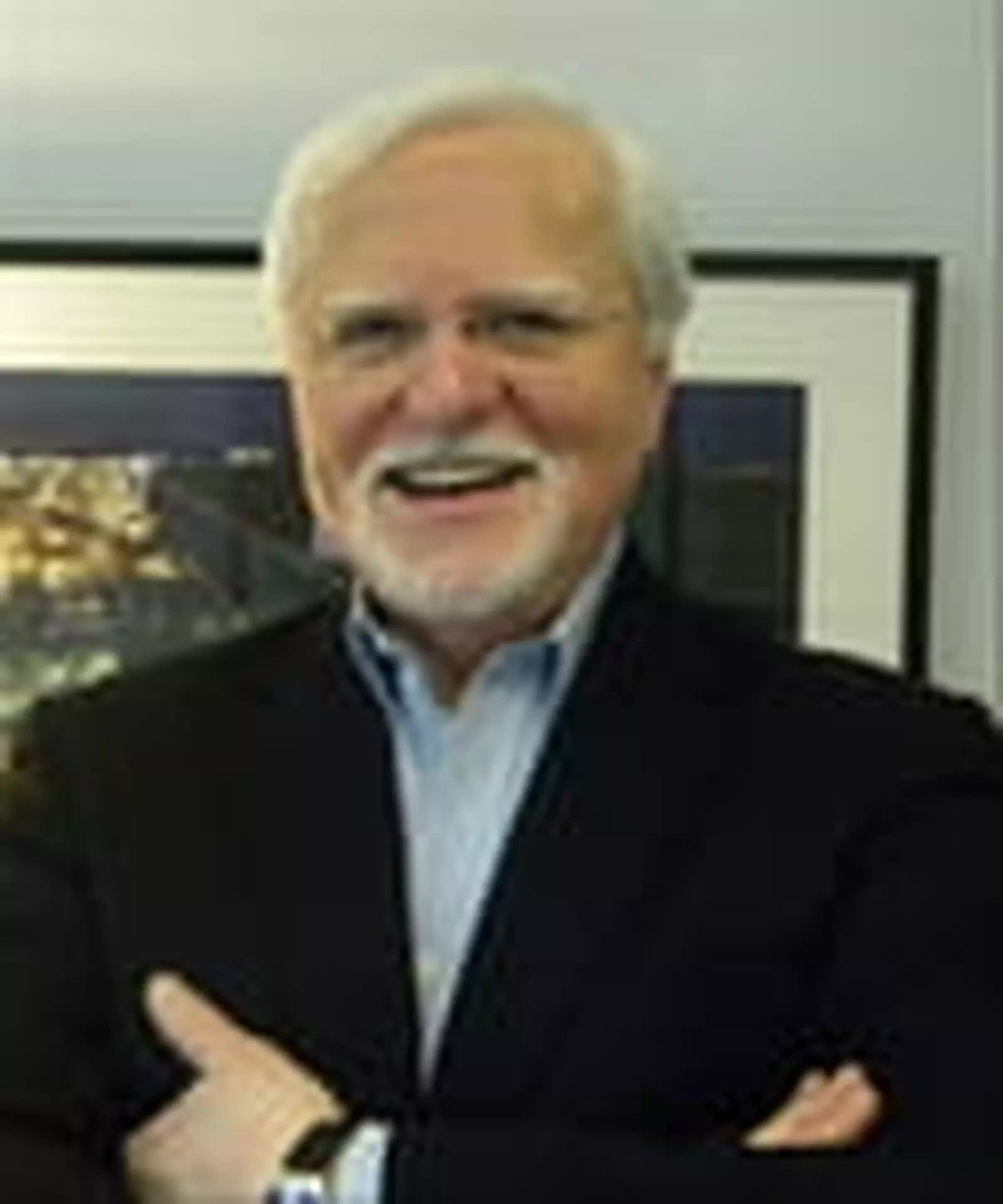6 Things I’ve Learned about Creativity in Ministry

I see by my notes that TIME for May 20, 2013, devoted an entire page to “assessing the creative spark,” a rarity in news magazines.
Now, I’m no authority on creativity or anything else, but have long been fascinated by the subject and attuned to writings dealing with it.
Creativity is that ineffable match-strike, that flash in the dark that comes to you from, well, it’s hard to say where. You can’t summon it on demand, though inclining your mind to a task does help. –TIME. (Jeffrey Kluger, writer)
I know a little about this right-brain activity, being a preacher, a writer, a cartoonist, and a storyteller.
Here are a few of the things I have learned about creativity:
1) The creative act can be nurtured.
Some people seem to be born with that spark, while others have to start from scratch. Either way, everyone can be creative. It’s just harder for some than others.
I used to have a staff member who was so creative that, after he left and moved to another state, sometimes I would phone him with a situation and ask for anything and everything that came to his mind. On the other hand, most of my colleagues on the church staff seemed clueless when the same question was tossed their way.
2) Creativity can be energized by outside input.
You’ve racked your brain and come up empty. You’ve lain awake at night worrying about the issue and nothing comes. It’s time to call in outside help.
Let’s say you are a minister looking for a theme for your next year’s church program. You know what your church will be doing, so all you are looking for is a combination of words that will express it, will be catchy, and perhaps even memorable. You can call in a few friends, you can go online and research it there, or you can drive down to the public library. The last is my choice.
At the library, you pull out a chair in the periodicals section. For the next hour, you peruse a dozen magazines you’ve never heard of before, or at least rarely ever read. You scan ads and articles in publications dealing with rock music, fashions, politics, and electronics. You jot down phrases that jump out at you, expressions that intrigue you, and statements you find puzzling. As you leave, you carry with you a dozen or twenty pithy slogans and phrases, any one of which may be exactly what you are looking for.
Or not. (Sometimes this works, and sometimes it doesn’t. But it’s still a favorite method of mine.)
3) To be creative takes time.
You’re driving to a meeting where you need a new idea in a hurry. Your mind is abuzz with panic. “I need it now!” Too bad. Unless you are the one person in a million who can do the impossible, you can forget about finding a great idea when panic has grabbed you by the throat and won’t let go.
A better way is to clear off a day on your calendar for quiet walks, relaxation, something light and refreshing to eat and drink, and some inspirational reading. Do something fun, get some exercise, then sit at the table with pen in hand (or laptop) with the question of the day in mind. Jot down ideas that occur. A half-hour later, get up and do other things. Go for a walk, read something funny, take a nap, and then come back.
4) Creativity requires quiet.
“Creativity must be nurtured by a circumference of silence.”
When we are rushed, creativity is the first casualty. Only when the body is rested and our spirit is quiet will the mind venture into those uncharted regions where new ideas lie waiting to be discovered.
5) Creativity loves indirection.
You’re looking for the answer to B when the solution to A pops up. You are trying to find a great outreach program that will work in your church and in the midst of your search, you come across something a church in Iowa is doing that suggests the ideal way of handling benevolence.
Sometimes the subconscious works on a problem long after the conscious has moved on.
6) Creativity is usually tied to the volume of output.
If your goal is to write the great American novel, you will want to write a dozen books in the hope that one may qualify. With the remarkable exceptions of Harper Lee and Margaret Mitchell (To Kill a Mockingbird and Gone With the Wind), authors do not write one book and achieve instant legendary status and never write another.
The website for Baptist Press carries thousands of my cartoons. My hunch is that a hundred of them might be really good. The others had to be thought up and drawn in order to produce the hundred. (The frustrating thing is that no one will agree on which 100 are good.)
The obvious question – perhaps the one we should have raised at the beginning – is, why does a minister need to be creative?
I hope the answer to this is obvious. But, stating the obvious is a spiritual gift of mine, so here goes:
You would like to find new ways to present wonderful old truths to your congregation.
You want to find new and fascinating ways to say the same things to your people. (Each year you have a stewardship, evangelism, or other kind of campaign. Your sermons may be basically the same each year, but the dressing and forms are different. That “difference” is where the creativity comes in.)
You will be faced with insoluble problems. There seems to be no way out of this situation. And then someone gets creative. Love it.
You will be planning a revival, a banquet, a senior emphasis, or a party. Put on your creative hat now, friend, because you need this big time.
Your wife wants to know why you forgot the date you and she made for today. You need a quick answer and it had better be good. Creative spark, I need you!
That’s the idea, at any rate. Well, other than the last.
Photo Credit: Unsplash/Priscilla Du Preez

Originally published July 01, 2024.





